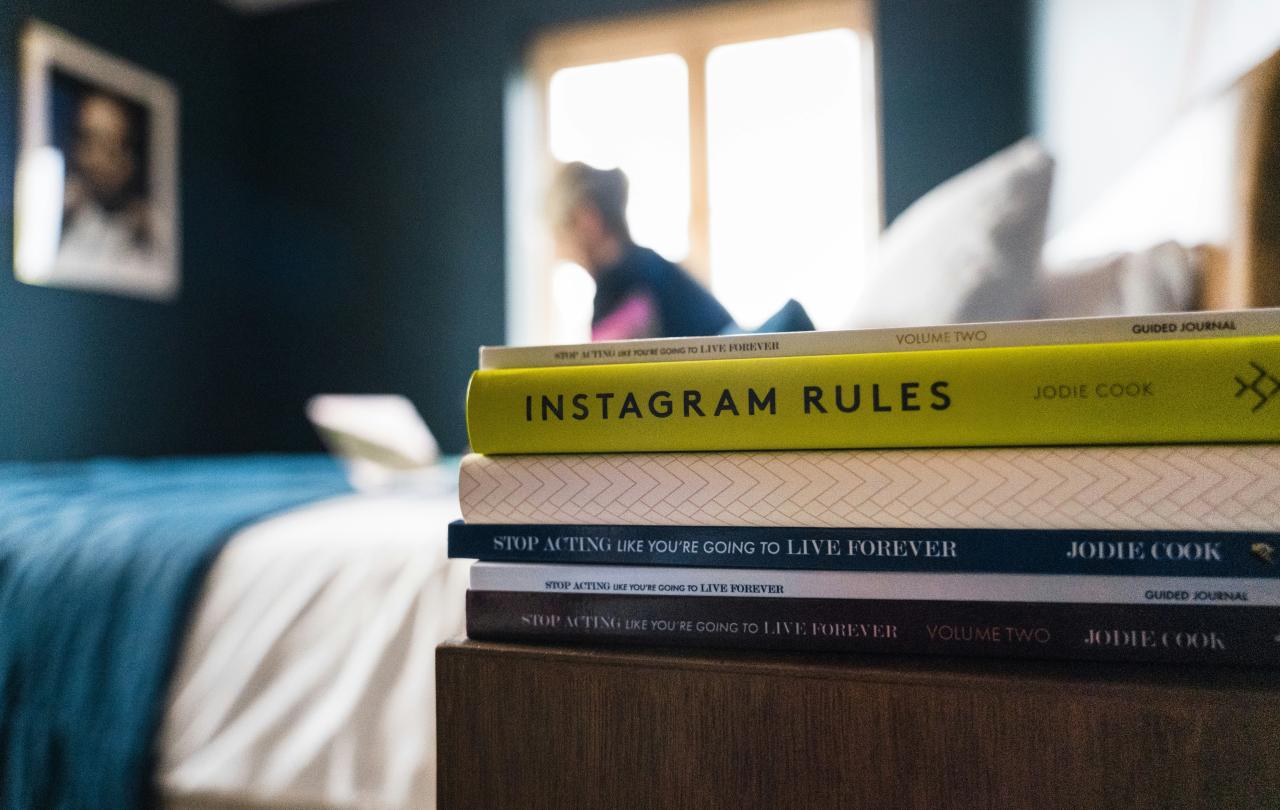
Listen now
Watch now
The details of astronomy, the workings of astrophysics, the enormity of space, the fact that the universe is still expanding by the moment, the mystery of what lies beyond what we can see and even predict – those are things that do not sit comfortably in the confines of my brain.
It’s as if my brain is allergic to the sheer enormity of the subject. My mind does deep, it does not take lightly to vast.
And that is precisely why I so thoroughly enjoyed my conversation with astronomer, author and speaker, Dr Jennifer Wiseman for the Re-Enchanting podcast. Jennifer is Director Emeritus of the programme of Dialogue on Science, Ethics and Religion for the American Association for the Advancement of Science. She is also a senior astrophysicist at the NASA Goddard Space Flight Centre. Science is a means by which Jennifer is able to live a wonderfully curious life, marvelling at the natural world and what lies beyond it.
When the narrative of science and religion being ultimately and inevitably at war with each other is the narrative that gets (by far) the most amplification, it was really interesting to hear how they coincide so powerfully for Jennifer. When talking with her, it becomes clear that they co-exist, they are the symbiotic forces that fuel her wonder at the universe. A wonder that is undeniably infectious. As she pointed out, the very fact that we have a curiosity about the universe we find ourselves in is, in itself, something to marvel at.
‘We are here, we’ve come through this 13.8 billion year development of the universe to the point where we can have this self-contemplating life that recognises a bit of where we’ve come from and how we connect to the universe.’
These are surely the thoughts that existential crises are made of.
Speaking with Jennifer made me feel small. Small in time, and small in place. I suppose dwelling on the enormity of an ever-expanding universe will do that to a person. Afterall, there are around one hundred billion stars in our galaxy (that we know of), the closest of which is four lightyears away. The vast majority of these stars have their own solar systems, hosting their own planets that orbit around them. And that’s still only within the confines of our own cosmic neighbourhood; there are hundreds of billions of galaxies in our (observable) universe, and infinite mystery that sits far beyond these numbers.
Since our conversation, I’ve been left with this simple, but salient thought – we’re incredibly small. But further to that, I’ve been pondering the notion that there’s a good kind of small, and perhaps we are it. We may be just one of the eight-billion inhabitants of a ‘pale blue dot’ in a universe that stretches far beyond the capacities of human understanding and measurement, but there’s a profound beauty in that. It does not equate to a feeling of non-consequentialism or oblivion, on the contrary, it is deeply empowering. It is, after all, the powerful reality upon which much of the twelve steps of recovery offered by AA/NA is built. There is a mysterious, and yet obviously tangible, power in coming face-to-face with our own small-ness, and surrendering to that which is deeper, higher, bigger than us.
Learning a little about Jennifer’s childhood living among the Ozark Mountains, with evenings spent gazing up at a canopy of stars that stretched from ‘horizon to horizon’, it was enchanting to hear about how her career has been an out-living of a childhood appreciation for the things that are so much bigger than us mere humans.
If you have a pull towards all things astronomy, this episode is undoubtedly for you. If you’ve ever pondered what science and faith look like when they’re not entering the ring from different corners, readying themselves for a show-down, this episode is also for you. If you’re craving enchantment of the most cosmic kind, this episode is for you too.
This conversation with Dr Jennifer Wiseman will be a refreshing antidote to the disillusion that comes with assuming we are the centre of our universe.





